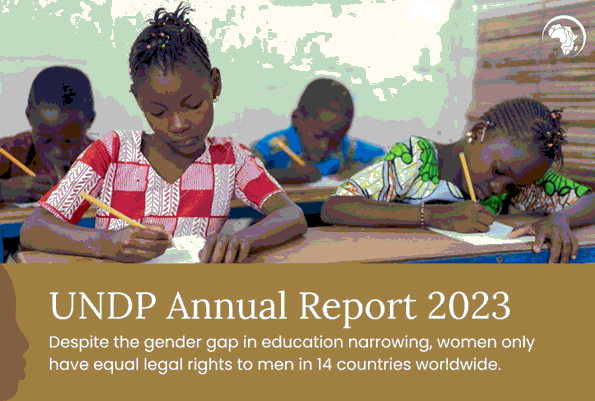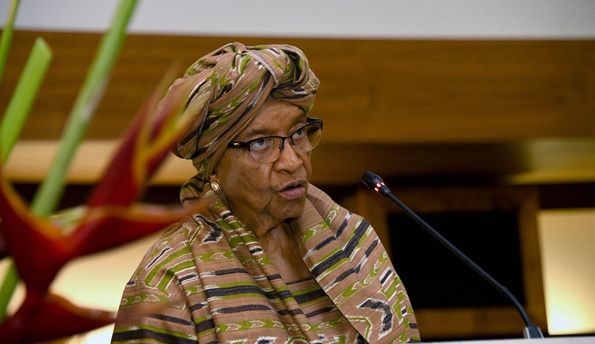Gender equality is not just a matter of fairness; it is also essential for addressing many of the crises the world faces today. Women represent half of the world’s population and half of its potential. They play a crucial role in driving social and economic progress, creating sustainable development solutions, and building peaceful societies. However, despite this, we are not on track to achieve Sustainable Development Goal 5 (SDG 5) by 2030, which aims to achieve gender equality and empower all women and girls.
In its Annual Report 2023, the United Nations Development Programme (UNDP) highlighted gender equality as a core development area. The report emphasized that closing the gender gap is crucial for accelerating resolutions to multifaceted crises, such as social and economic poverty, conflict, and the stagnation or reversal of inclusive governance and peaceful societies.
One of the key challenges highlighted in the report is the prevalence of illegal mining activities, which contribute to revenue loss in the mining sector. These activities, often carried out without proper regulation or taxation, deprive the government of much-needed revenue. The lack of transparency and accountability in the management of mining contracts and licenses has also been identified as a major issue, leading to unfair terms that undermine the country’s interests.
To address these challenges, the UNDP report calls for improving governance, transparency, and accountability in the mining sector. It also emphasizes the need to reach women, youth, and informal workers with solutions that generate jobs and livelihoods. The report highlights the UNDP’s efforts to promote job creation for youth across Africa through initiatives such as the pan-African YouthConnekt platform, which offers financing and training to youth-owned businesses.
In addition to job creation, the UNDP report underscores the importance of addressing gender gaps in social protection systems, care policies, and access to essential services. For example, in South Sudan, the digitization of a traditional savings and lending practice used mostly by women has spurred financial inclusion for 1.6 million people.
On the climate front, the UNDP report highlights the contribution of women to solutions that benefit the environment and protect biodiversity. Through its climate portfolio, the UNDP is providing support to 142 countries, directly benefiting more than 37 million people, nearly half of whom are women. The report also mentions the UNDP’s assistance in training rural women from various countries, including several African countries, to become solar engineers, bringing sustainable energy to their villages and communities.
In conclusion, the UNDP Annual Report emphasizes that gender equality is not only a moral imperative but also a strategic one. Closing the gender gap is essential for achieving sustainable development and resolving multifaceted crises. It is imperative that efforts to promote gender equality are accelerated to ensure a sustainable, inclusive future for all.







